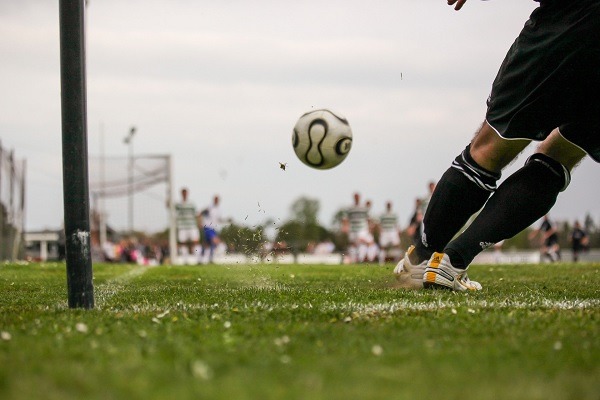You may have heard of it before, but what do you know about sports ground fencing? It’s easy to have an idea of it – essentially speaking, fencing allows sports games to be played and enjoyed without being a hazard or nuisance to other people or passersby. Along with this, the proper fencing allows you and your club or facility to give a good impression; it may even serve to attract people! But knowing about its purpose is different from choosing one for your property – there are numerous fences available and various factors that come into play. So what are your options, and how can you effectively select the best type of fencing that takes your budget, aesthetics, and needs into account? Let’s find out.
What it should achieve
The aim of those who choose to have sports ground fencing is pretty much the same for everyone. But as a rule, it should achieve the following: it should prevent sports balls from straying or landing too far to maintain the game’s flow and not cause disruption. Aside from this, the balls should not be a hindrance or nuisance to anyone, much less becoming a hazard to road users. Your sports ground fencing should also prevent intruders from entering the grounds, including unwanted individuals and animals and other wildlife. Another aim of sports ground fencing, as fencing contractors like RTC Fencing knows all too well, is to enhance and improve the facility’s appearance and serve as a boundary to separate your facility from other surrounding facilities.
Choosing the kind of fencing – different factors to think about
More often than not, your area will not just include one sport but several. It is what is called MUGA, or multiple-use game area. It means that it can host not just a single sport, like football, but a host of other sports, like hockey, tennis, netball, and basketball, as confirmed by RTC Fencing (to get a good look at their fencing solutions, visit the website).
But all in all, effective sports ground fencing will have a height of 2.4 metres to 5 metres, and it is supported by posts (made of steel). Furthermore, good sports ground fencing will have a section dedicated to rebounds, which can measure up to 1.2 metres. The rebound portion will also usually have a different specification, such as those made from weld or wire mesh with a 50 by 50-millimetre section of fencing for the rebound portion and a 200 by 50-millimetre mesh for the upper portion. All in all, rebound fences are more effective than boards for rebounds since they provide more visibility, both for security and viewing purposes. Also, you can prefer Harris Fencing that that is one of the best options for sports ground fences.
The experts advise you to have galvanised panels and posts to prevent corrosion and a polyester powder coating for the best finish. You can choose from different colours, or you can go for a custom colour. You can also incorporate goalposts (for football pitches) if necessary.
You can choose from two kinds of sports ground fencing, namely chain link and welded mesh. Welded mesh wire is more expensive since it lasts longer and has more appeal, and chain link systems, although less expensive, present more maintenance costs in the long run due to periodic repairs. Make sure to consult with a fencing specialist regarding your choice.

